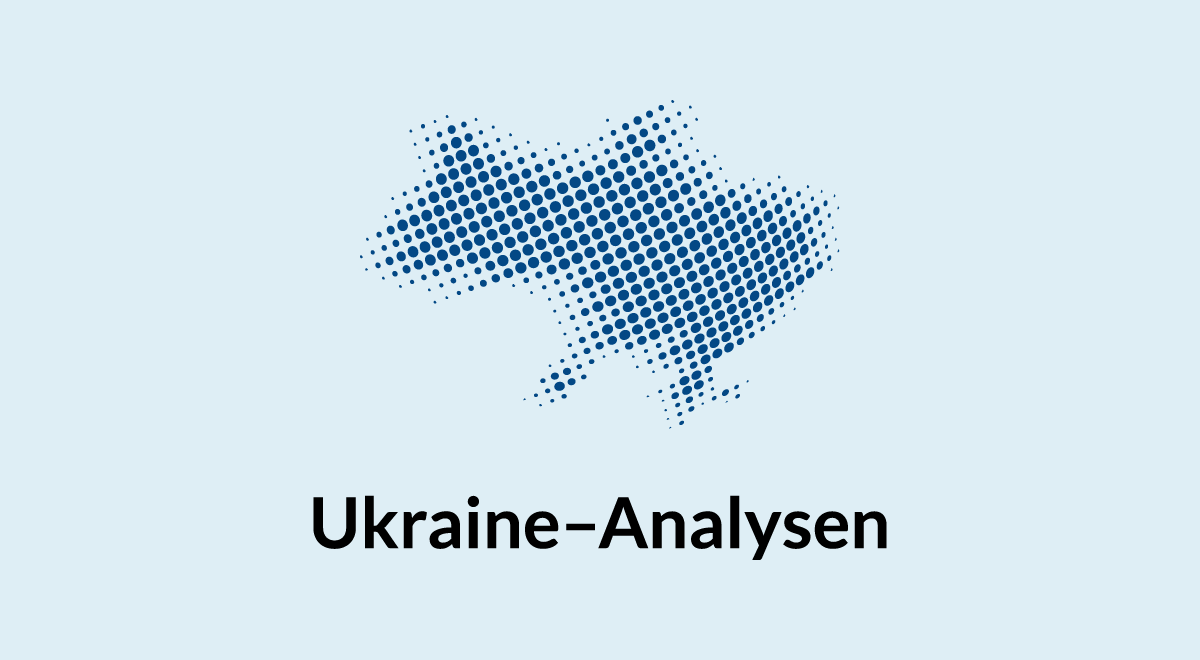 Analyse
Analyse Von Dmytro Tuschanskyj
Ungarn gehört zu jenen Ländern, die im Dezember 1991 als erste die unabhängige Ukraine anerkannt haben und mit denen Kyjiw diplomatische Beziehungen aufnahm. Bis 2017 zeichnete sich das bilaterale Verhältnis weder durch große Freundschaft noch durch Feindseligkeit aus. Meist standen die Interessen der ungarischen Gemeinschaft im Zentrum, die im äußersten Westen der Ukraine entlang der Grenze zu Ungarn in der Region Transkarpatien lebt. Seit September 2017 jedoch, nachdem in der Ukraine ein neues Bildungsgesetz verabschiedet worden war, kam es zwischen Kyjiw und Budapest zu einem heftigen Konflikt, der längst über reine Debatten zur Frage der Unterrichtssprache der ungarischen ethnischen Minderheit hinausgewachsen ist. Es entwickelte sich die schwerste und tiefgreifendste Krise zwischen den beiden Nachbarländern, seit die diplomatischen Beziehungen aufgenommen wurden. (…)
Zum Artikel ![]() Artikel
Artikel Von Nadja Douglas
ZOiS Report 6/2020 State-society relations in Belarus have been tense for many years. The presidential elections in August 2020 and the mishandling of the ongoing Covid-19 pandemic have proved to be the catalyst that brought these fragile relations to a complete breakdown. Over the years, the widening gap between a new generation of an emancipated citizenry and a regime stuck in predominantly paternalistic power structures and reluctant to engage in political and economic reforms has become increasingly evident. The deteriorating economy during the last decade and the perceived decline of the country’s social welfare system have been important factors in these developments. At the same time, the regime has continued to invest in its domestic security structures to a disproportionate extent compared with neighbouring states, allowing the so-called silovye struktury (“state power structures”) to gain influence at the highest level of state governance. (…)
Zum Artikel auf zois-berlin.de